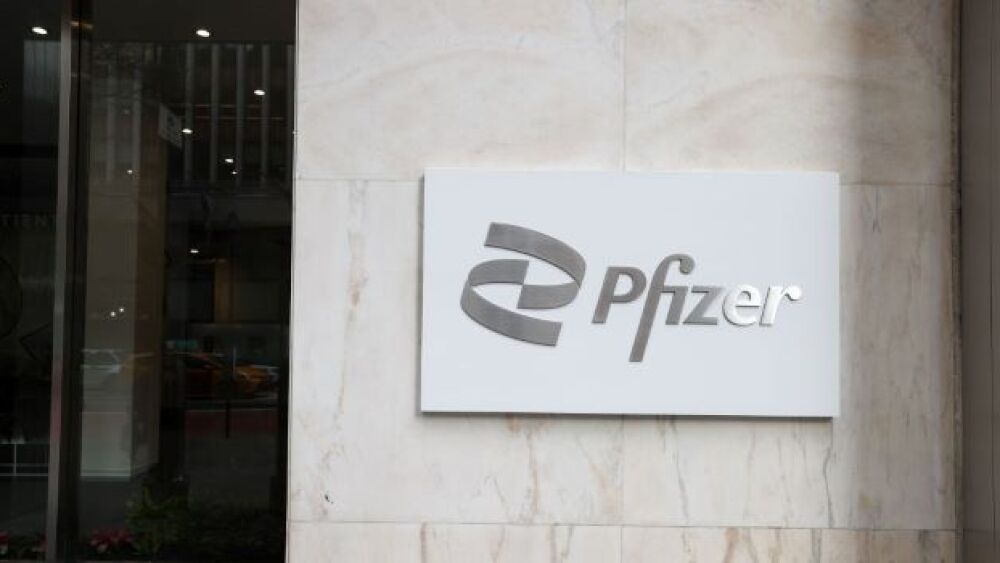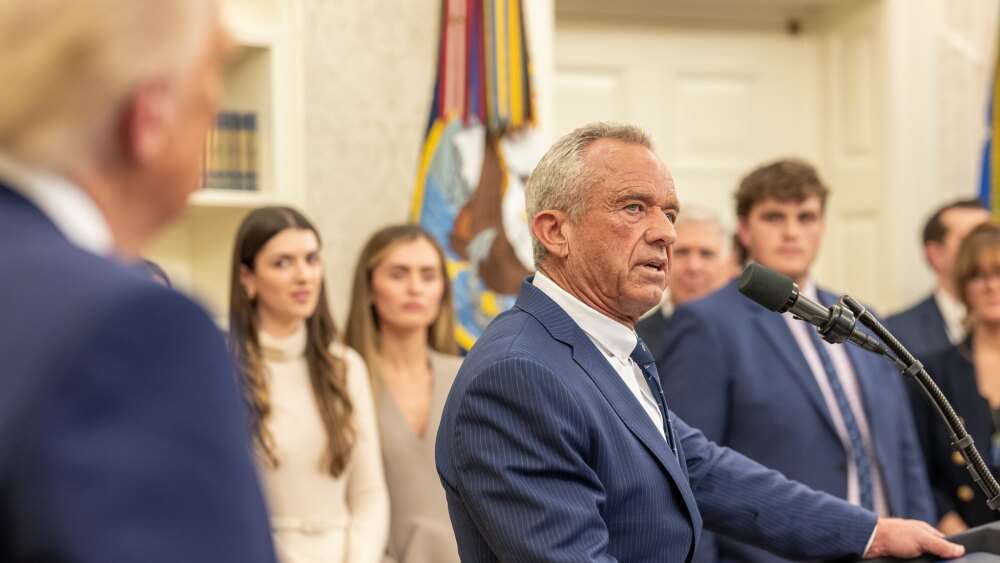The U.S. FDA is expected to give the go-ahead for Pfizer and BioNTech’s COVID-19 vaccine for adolescents ages 12 and older within the week.
Tayfun Coskun/Anadolu Agency via Getty Images
The U.S. Food and Drug Administration (FDA) is expected to give the go-ahead for Pfizer and BioNTech’s COVID-19 vaccine for adolescents ages 12 and older within the week. The Pfizer-BioNTech vaccine is already authorized for people age 16 and older. About a month ago, the companies reported that the vaccine was safe and effective for younger people.
One definite plus is that the vaccine would be available to this age group well ahead of the beginning of the new school year in the fall and likely ahead of summer camps and programs.
On March 31, Pfizer and BioNTech announced data from the Phase III trial in adolescents ages 12 to 15 years with or without previous COVID-19 infections. The vaccine demonstrated 100% efficacy and “robust antibody responses,” which was even better than what was seen in the 16-to-25 cohorts. It was also well-tolerated. It was conducted on 2,260 adolescents.
At the time, Albert Bourla, chairman and chief executive officer of Pfizer, stated, “We share the urgency to expand the authorization of our vaccine to use in younger populations and are encouraged by the clinical trial data from adolescents between the ages of 12 and 15. We plan to submit these data to FDA as a proposed amendment to our Emergency Use Authorization in the coming weeks and to other regulators around the world, with the hope of starting to vaccinate this age group before the start of the next school year.”
The Moderna and Johnson & Johnson vaccines are currently only authorized for 18 years of age and older. They are also running trials on people under the age of 18.
The study enrolled 2,260 people between the ages of 12 and 15 in the U.S. There were 18 cases of COVID-19 observed in the placebo group compared to none in the vaccinated group. The side effects were generally consistent with what was seen in the 16 to 25 years of age group.
The company, at that time, also provided an update on the Phase I/II/III seamless trials in children ages six months to 11 years of age. Overall, the study is looking at three age groups: children aged five to 11 years, two to five years, and six months to two years. The age five to 11 cohort began dosing in late March, and the two-to-five-year-old cohort began dosing in early April.
“Across the globe, we are longing for a normal life,” said Ugur Sahin, chief executive officer and co-founder of BioNTech. “The initial results we have seen in the adolescent studies suggest that children are particularly well protected by vaccination, which is very encouraging given the trends we have seen in recent weeks regarding the spread of the B.1.1.7 UK variant. It is very important to enable them to get back to everyday school life and to meet friends and family while protecting them and their loved ones.”
Pfizer has not been willing to comment on the potential expanded authorization, only to say the FDA was “working to review this request as quickly and transparently as possible.”
The FDA has indicated it is not planning to hold an advisory panel meeting for the amendment. The U.S. Centers for Disease Control and Prevention (CDC) will also need to revise its recommendations for the Pfizer-BioNTech jabs before providers can start to give them to adolescents. CDC officials have indicated plans to hold a meeting of their advisory committee on immunization practices shortly after the FDA’s amendment.





